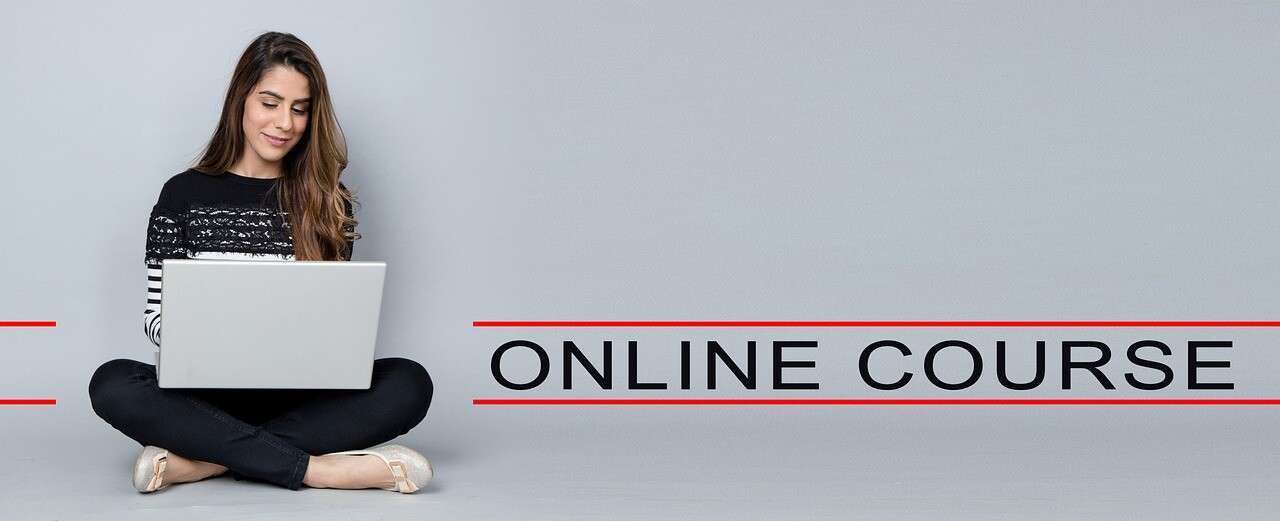
You probably know someone who seemed to make a change…just like that. They may experience it as “one day I just decided I was done” with a habit or “ready” for a new way to behave. They probably had small stumbles after that but, overall, they made the change and didn’t look back.
In the psychotherapy world, we talk a lot about Stages of Change. It’s a process we all go through when we realize something isn’t working anymore and decide to do something new.
The stages are:
- precontemplation (What problem? I don’t see a problem! Also known as denial.)
- contemplation (Perhaps there is a problem, but I’m not actually sure it’s that bad.)
- preparation (Something has to give, but I really don’t know what or how to change.)
- action (I’m ready, I’m trying things out, and it’s a priority.)
- maintenance (I’ve got some good new strategies in place, now I have to keep the momentum going.)
Super important: AMBIVALENCE about making a change is normal. It takes a lot of effort, and we are more likely to change when here is so uncomfortable, it’s worth the work to get there.
Super duper important: if you try to skip straight to action, you are missing some really crucial steps. When we contemplate and prepare, we discover the small and large pieces of the problem that have to be part of the solution. For example, if I’m making a change in my diet for medical reasons, but don’t understand how I use food for emotional nourishment and entertainment, I don’t find other ways to nourish or entertain myself when I need to. If those needs aren’t met I’m much more likely to relapse.
So, while that someone in the first paragraph may seem like they flipped a “change switch,” it’s more likely that they’d been working through these stages behind the scenes. Of course, with some issues, we move through the stages faster. Big and current consequences can trigger faster change; the possibility of some unclear future consequence isn’t as motivating.
Something that’s super hard about all of this is it means we see the possible solution long before we make it. If knowing was enough, there would not be so many programs aimed at helping us all exercise more, something it’s clear the majority of us don’t do enough.
So, if you are at the beginning of these stages of change, or have tried for change for a long time, what might help you get to preparation or action?
Counter-intuitively, it’s NOT listing all the reasons to change. Start with all the reasons to stay the same. Why do I stay on the couch instead of lacing up my sneakers for a neighborhood stroll? It feels good to sit and zone out on my phone! I like the quiet! I like being still rather than getting sweaty and winded! I forget! There are so many other things that feel more important!
Then, you can list the things that don’t work about staying the same. I dread going to the doctor because of what my annual blood tests are going to show. I don’t like getting winded walking up stairs. I worry all the time about how long my health will last.
Not done yet – third, list all the good things about changing. Yes, there will be overlaps with that second list, but do it anyway. I will feel more confident going to the doctor. I can imagine myself 20 years from now having energy to have a full retirement life.
The last list – all the reasons that change will be hard. (Again, yes, overlap, but asking questions in a different way matters.) Let’s face it, it’s work to get off the couch and out the door. I have to make time for it and motivate myself. I get shin splints sometimes. I don’t like cold, and warm seasons are short here. I'm not really sure it will be enough.
Will this magically create motivation? No, but it does work better than pretending that it’s an easy decision and then feeling bad when it’s not an easy change. You'll have some things to keep in mind when you are making your change plan, and some reasons to give yourself grace if it takes more than one attempt to get to maintenance.
No matter what, change can be really hard, so knowing a few tricks like this can move you further along that path.












0 Comments